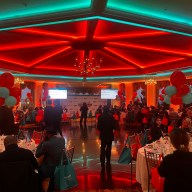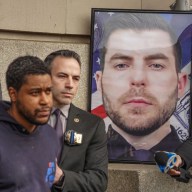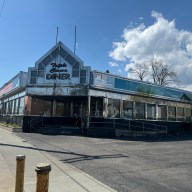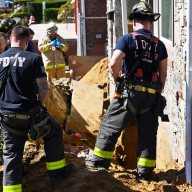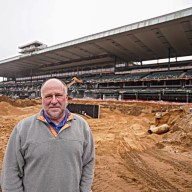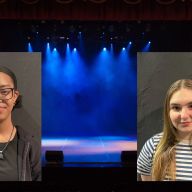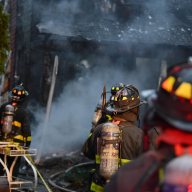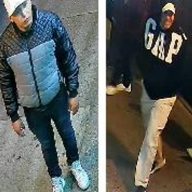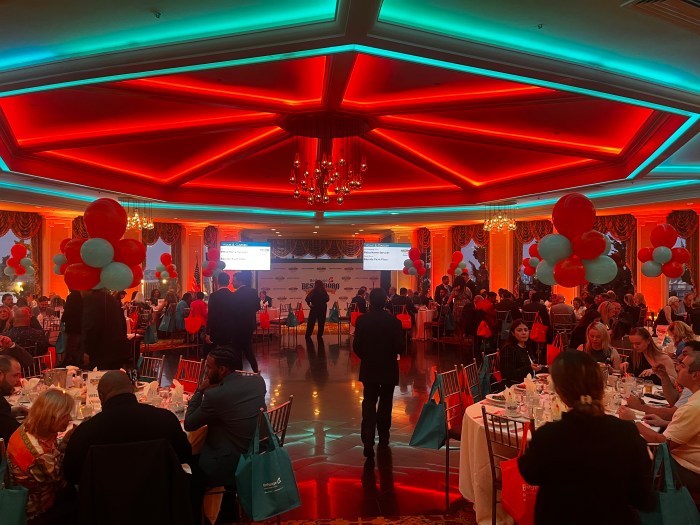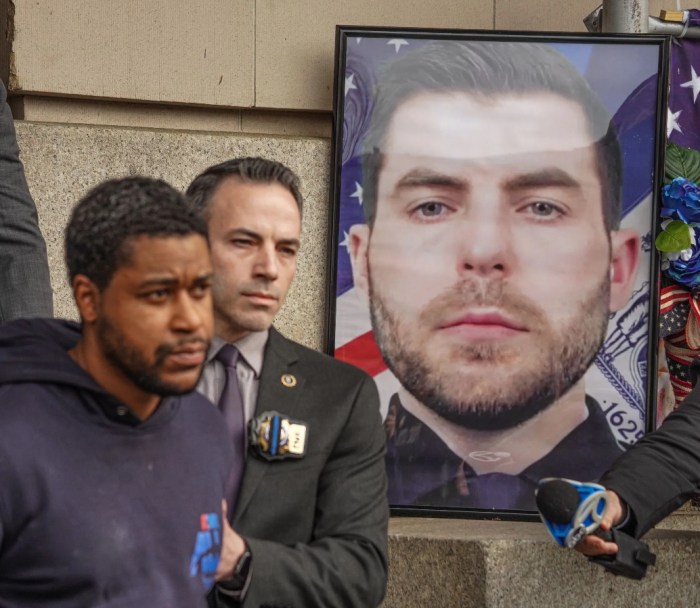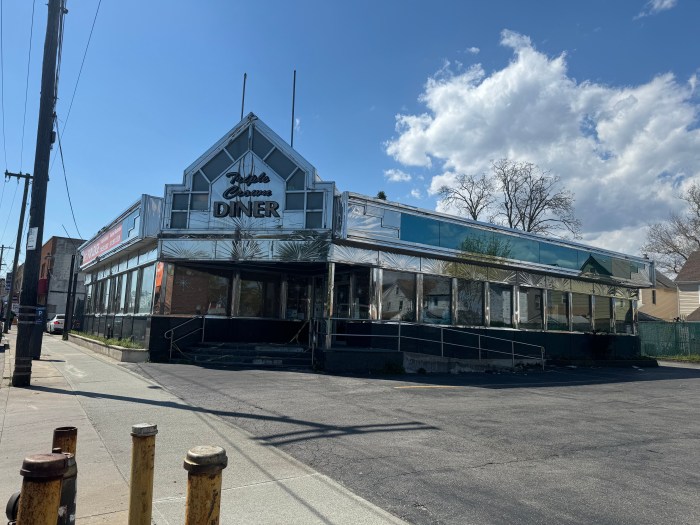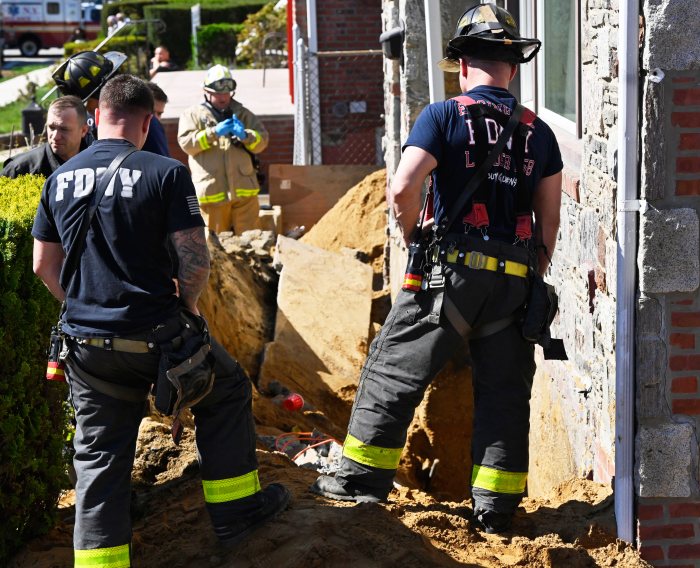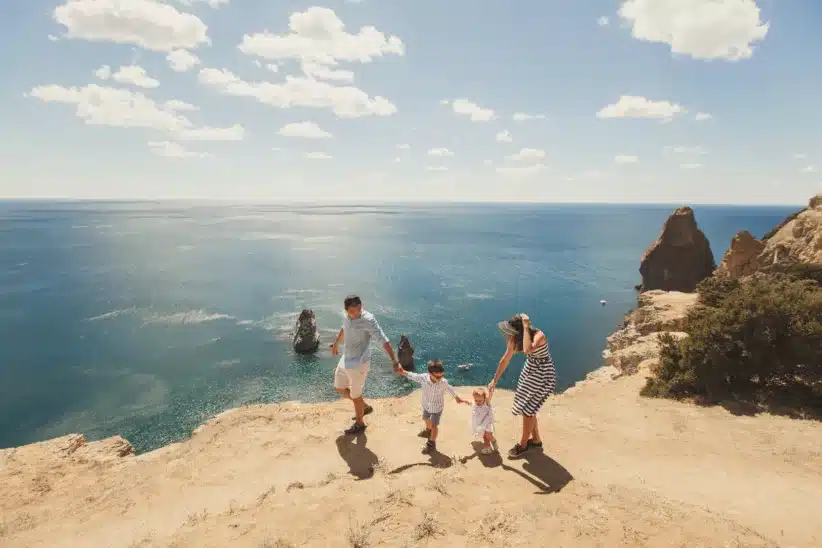By Esther Suh
It was the first day at the clinic in El Castaño, Honduras, and the medical mission team from Flushing had already served more than 200 people.
It was not easy, however.
One 3-year-old boy came in with a badly injured ankle after a knife ran straight into it. The ankle was filled with pus and was severely infected because he had not received treatment.
“Most patients know that we come four times a year, so they do not continue to get regular check-ups, and they come back with similar if not worse problems that could've been prevented,” said Dr. Jong Chang Choi, a member of the team, in Korean.
Choi, a retired pediatrician, was one of 15 members of the Promise Ministries Church in Flushing who traveled down to Honduras this summer hoping to make a difference in the lives of hundreds of impoverished Hondurans.
The team included a number of medical professionals, including Dr. Chang Kim Lee, practicing dentist and owner of Happy Dental in Bayside and Little Neck; her assistant, Jenny Yu, a St. John's University graduate; Dr. Jee Eun Park, a graduate of the St. John's pharmacy school who practices at New York Presbyterian Hospital; an insurance doctor; a retired orthodontist; and four nurses.
Promise Ministries, a Korean Full Gospel church located at 130-30 31st St., holds services daily for its more than 1,000 regular members. Main services, held at 10 a.m. Sunday, are open to everyone. Social services are not mandatory, but Promise Ministries is generous in using its resources to help others less fortunate. The church takes yearly missions to help the needy in countries including Kenya, Indonesia and Ethiopia, with volunteers ranging from pre-teens to elder members.
Honduras, according to the CIA World Fact Book, is one of the poorest countries in the Western hemisphere, with a gross per capita annual income of $4,100 in 2007.
From Aug. 21 to Aug. 26, the Promise Ministries team visited the rural village of El Progressivo to treat people's dental, medical, pharmaceutical, pediatric and optical needs. They saw patients and restocked medical supplies at a clinic the church has established in the village of El Castaño, adjacent to a bilingual Christian school founded by the church.
The first day of the mission's trip was spent at the clinic, which operates from 9 a.m. to 5 p.m. With high gas prices in Honduras dangerously close to those in America, it was difficult for many patients to find a way to the clinic, most of them walking multiple miles or coming via bicycle.
Patients ranged from various school groups of all ages to large families and individuals who came for themselves.
“The most surprising thing was young women with five or six children and the general pregnancy,” said Yung Lee Ko, a first-time missionary and the team's chief nurse. “The mothers seemed to be healthy, but the children often had lots of problems with hygiene, nutrition and their physical condition. There was definitely slow growth and it may be due to secondary nutrition status.”
Problems ranged from the usual stomach aches and headaches to Steven Johnson Syndrome, a severe type of allergic reaction. A 5-year-old Honduran boy whose name was not known came in with a case of Steven Johnson Syndrome after a pharmacist had given him a drug with silicon.
Allergic to silicon, the boy burned from the inside out. He was sent to the hospital and his mother was in constant fear that he might die from the disease. He stands today living life as a normal 5-year-old boy, but remains physically scarred, with burns that look like spots all over his body, including his lips, which have the worst marks.
The following days in Honduras were spent dispensing similar treatment at two schools — one elementary and the other dedicated to what seemed like all grades — and a church, each destination one to three hours from the clinic.
Many patients came with conditions that could not be cured in a one-time visit.
“Most patients I met simply needed reading glasses, but there was also an abundance of people who had eye problems that could not be solved with corrective lenses.” said Daniel Lee, a volunteer who is a junior at Boston University. “In villages with little running water and a poor hygienic routine, ophthalmological problems were to be expected. In spite of this, I felt helpless when I told these people that there was nothing I could do for them and I sincerely hope that on the team's next trip to Honduras there will be an ophthalmologist who is able to deal with those problems.”
Unfortunately, there were many children around the age of 5 who are blinded after being hit with machetes. Because the weeds and grass in Honduras grow rapidly, the chore of maintaining the garden is often left to the children, and because lawn mowers are expensive, most families turn to machetes as the basic tool.
Children are not always careful and a blind eye is viewed almost as the norm.
Another common condition found among the citizens of rural Honduras is poor dental hygiene. Most dental patients preferred to have their teeth removed rather than have a root canal, due to the hefty price tag that comes with the procedure.
The medical team exceeded expectations and served more than 800 people during their week in Honduras. Although the missions team came from Promise Ministries, a number of the missionaries said the inspiration for visiting Honduras was more humanitarian than evangelical.
After returning to the States, volunteer Daniel Lee said: “Although the living conditions were far below the standard of living in America, I noticed that people were generally happier and more grateful for any treatment they received. This gratitude and optimism was the most encouraging part of the trip.”
Esther Suh, a newsroom intern at TimesLedger Newspapers, accompanied the Promise Ministries medical mission team to Honduras in August as a volunteer.







